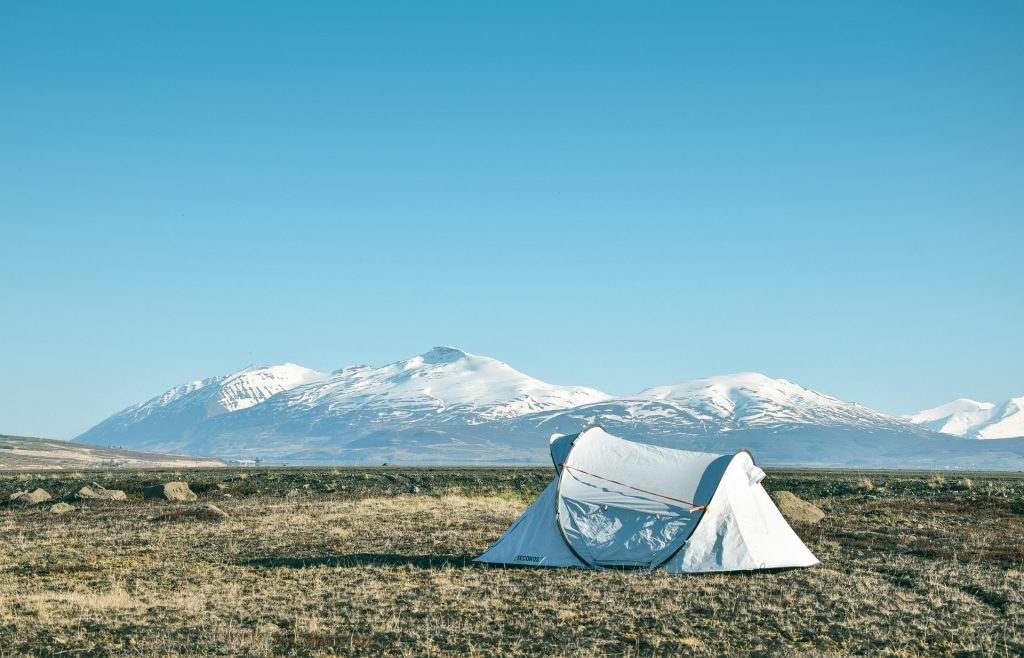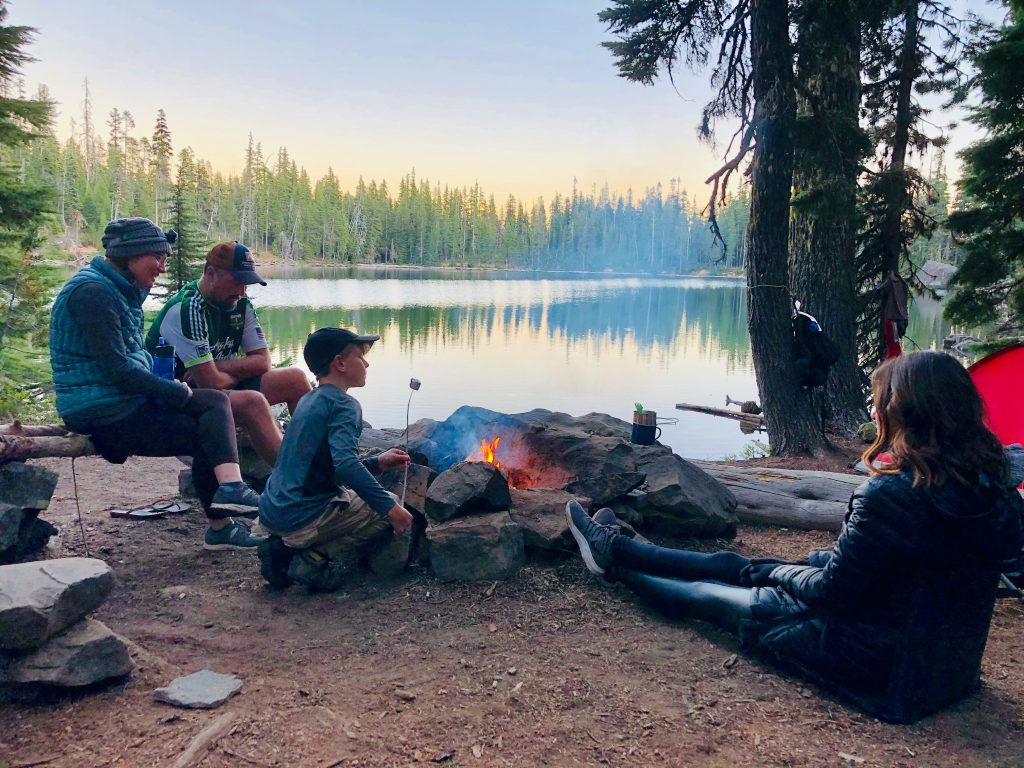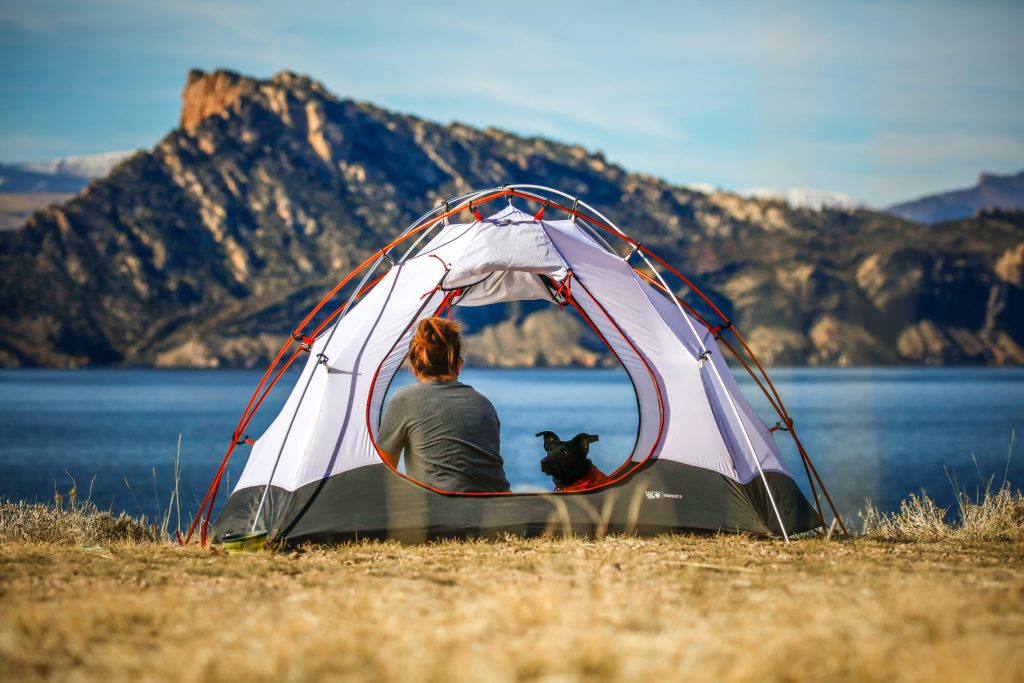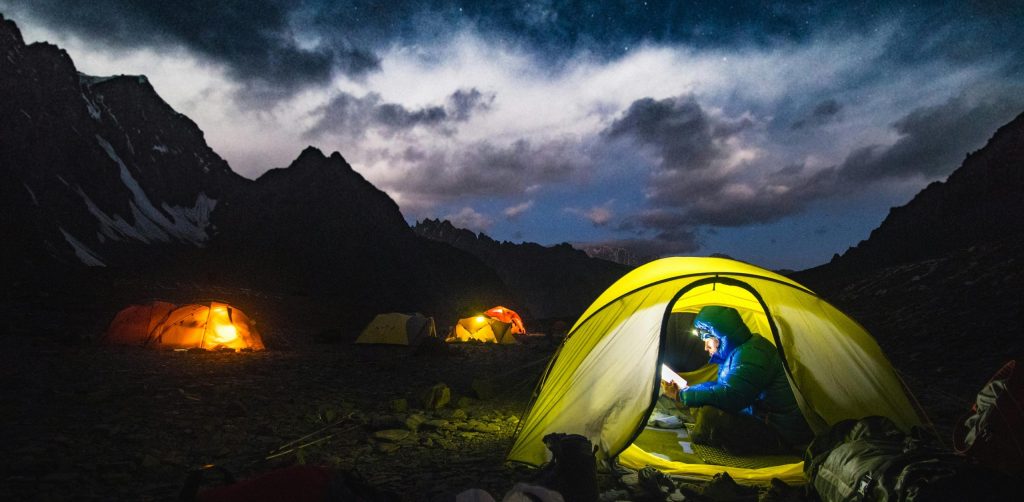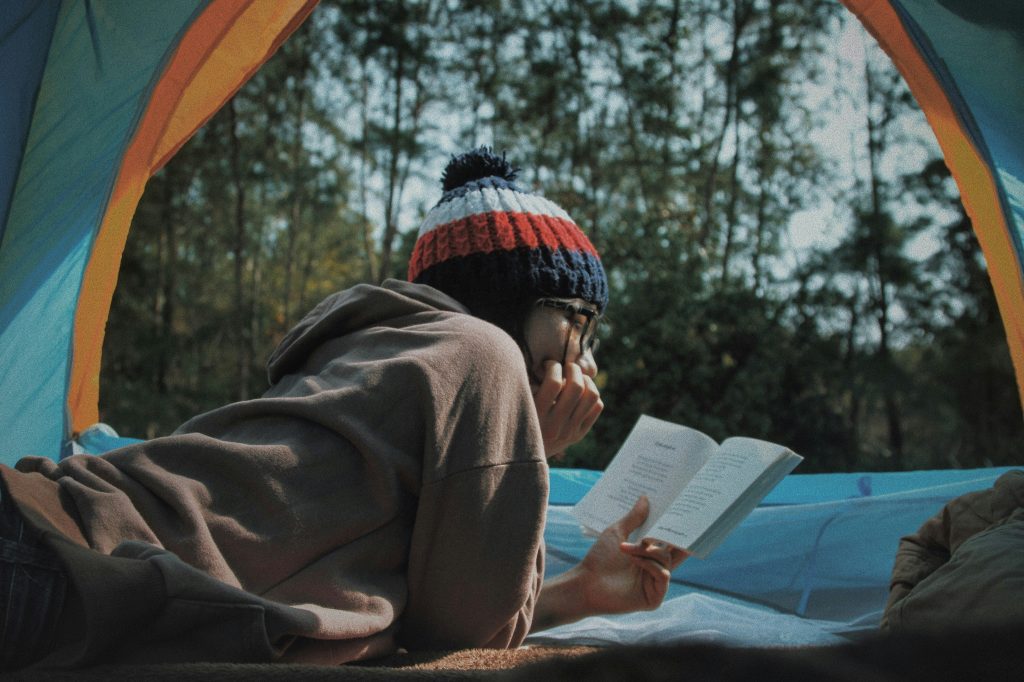Camping Terms Every First-Timer Should Know Before Hitting the Trail

Heading out on your first outdoor adventure? You’re likely busy with packing lists, picking the right gear, and selecting the ideal campsite. But there’s one more key to feeling confident and prepared — learning the camping terms and lingo that seasoned campers use every day.
Understanding this vocabulary will not only make your trip smoother but also help you communicate better at a campground, with fellow campers, or when buying camping gear. So let’s break down the must-know camping terms every beginner should learn before setting up that first tent.
Common Camping Terms for Beginners
- Car Camping Camping close to or inside your car. No hiking necessary. Perfect for beginners who don’t want to carry heavy camping gear far from the vehicle.
- Backcountry Camping Also called wilderness camping. This means venturing into remote areas where there are no facilities. You carry everything in and out — including waste.
- Basecamp A central spot where you set up camp and do day trips or hikes from there. Knowing this camping term helps when planning extended stays.
- Tent Footprint A groundsheet or protective layer placed under your tent to prevent damage and moisture. Essential part of tent setup.
- Rain Fly The waterproof cover that goes over your tent to keep the inside dry. Often comes with most modern camping tents.
- Guy Lines Ropes attached to the rain fly or tent that are staked to the ground to add stability — especially important in windy weather.
- Bear Bag / Bear Canister Used in bear country to store food away from your sleeping area to avoid attracting wildlife. Key for camping safety.
- Boondocking Camping off the grid — no hookups, no facilities. Often used by RVers or van lifers.
- Dry Camp A campground or camping spot without access to running water. Always bring your own water if you’re dry camping.
- Leave No Trace A set of principles for enjoying the outdoors responsibly. Includes proper waste disposal, minimal impact, and respecting wildlife.

Gear-Related Camping Terms
- Bivy Sack (Bivouac) A lightweight, waterproof sleeping bag cover that acts as a mini shelter. Used by ultralight backpackers.
- Camp Stove A portable stove designed for outdoor use. Handy when you don’t want to cook over a campfire.
- Sleeping Pad A cushioned mat placed under your sleeping bag for insulation and comfort.
- Headlamp A must-have light that straps onto your head, keeping your hands free — especially helpful for night bathroom trips or tent setup.
- Multi-tool A compact, all-in-one tool that usually includes a knife, screwdriver, bottle opener, and more. A camping essential.
Location-Based Camping Terms
- Campsite A designated spot to set up your tent or RV. Can be primitive or have amenities like fire pits, picnic tables, and bathrooms.
- Campground Host A volunteer or worker who lives at the campground and helps visitors with information, safety, and regulations.
- Pit Toilet A non-flush toilet typically found in primitive campgrounds. Be sure to bring your own toilet paper just in case.
- Trailhead The starting point of a hiking trail — often marked with maps or signs.
- Hike-In Site A campsite that can only be accessed by walking a certain distance, often offering more solitude and scenic views.
Pro Tips for Learning Camping Terms
- Download a camping glossary app or save a printable version of this list.
- Use these terms when shopping for gear or talking to staff at outdoor stores — it helps you find what you need quicker.
- Talk to fellow campers! Using the right lingo makes you look like you know what you’re doing and encourages helpful conversations.
Wrapping Up
Mastering these Camping Terms before your first outdoor trip is like having a secret code. It empowers you to move confidently through gear shopping, campground conversations, and trail planning — making the whole experience more enjoyable and less stressful.
So next time you’re at the store looking for a rain fly or explaining your love for boondocking, you’ll sound just like a seasoned camper.
Ready to explore more? Check out our beginner’s guides and gear checklists to make your first adventure unforgettable.



